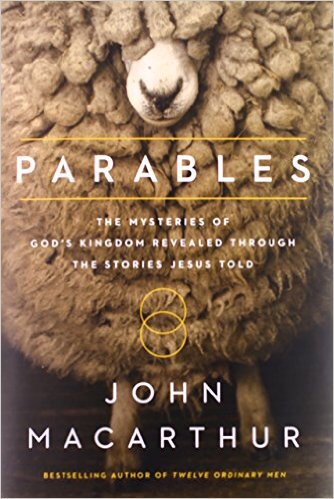The Entitlement Cure

I’ve just finished reading John Townsend’s book “The Entitlement Cure”. After hearing and reading several stellar reviews, along with seeing the intriguing title, I wanted this book in hand. And while the subtitle sparked my interest more than the title, I knew I needed to read it…amid my difficulty in reading all things Townsend. I don’t know what it is; but I’ve always found the writings of John Townsend a chore and bore…to the extent of having to play music in the background not to fall asleep. Admittedly, I realize this is an unfair criticism; and something I would hate for anyone to say about my writing. After all, Townsend is a well-respected author and the co-mastermind behind New York Time’s bestselling “How People Grow”, a book I have used during my days of Christian Education in our Book Club. The fact is…Townsend is not a wordsmith. But getting beyond the style, there is substance couched in “The Entitlement Cure.” Therefore, I wouldn’t 1) Discard this book as irrelevant 2) Misdiagnose this book as a prompt of any political propaganda 3) Write off this volume as being unworthy of investment.
“The Entitlement Cure” addresses a prevailing problem that now infiltrates every vital organ in relational life as we’ve come to know it. Whether it is in the church, marriage, home-life, work-environment…Townsend asserts that we are all infected by the disease of entitlement. In fact, entitlement is a byproduct (well, he shows how it pre-dates human creation) of man’s fall in the Garden of Eden. Townsend contends that entitlement is the belief that “….I am exempt from responsibility and I am owed special treatment…”, and that the problems in human society stem from this crippling disposition. In this volume, the author not only analyzes, but also speaks to both the culprit and enablers of the entitled on how to jettison this attitude of being special, being owed, refusing to take responsibility and blaming others.
Hitting at the core of the book, I realized I actually love Townsend’s style of writing! Addressing the relational patterns that drive entitlement (Chapter 2), he gives the practical markers of how we often feed the entitlement monster and thereby foster attitudes of entitlement (example: praising what takes no effort; praising what is required; praising what is not based on reality; etcetera). Unfolding five principles that can restore the problem ALL of us have with entitlement (some more than others.) While all five principles are of notable mention, I do think one of the components outlined by Townsend is how denial, perfectionism and narcissism attribute to the pressure, stress and emptiness that accompany their intended. Entitlement limits our good and our growth, according to the author. I do agree!
One of the very central themes in this volume is Townsend’s description of feeling deserving to taking responsibility. He says that there is a right way to deserve and there is a wrong way to deserve; and explains how responsibility is not only right, but the practical ways to assume responsibility (Chapter 8). One of the things I like is Townsend’s conventional use of what he calls “NHT”. In short, this means “Next Hard Thing.” Townsend argues that our NHT is the choice we all need to make that moves us beyond the difficulty. In a real sense, what separates the good from the great, the best from all things average…is the ability and willingness to move past the proverbial areas of discomfort. According to the author, this requires 1) Carving out time 2) Going against the flow of life 3) Going against other’s expectations 4) Starting a ground zero (ie – “at the bottom”), etc. In this recourse, there are two (2) specific dynamics I would like to spotlight here in conclusion. One is saying when you are wrong (Chapter 13) and facing the pain that gets you somewhere (Chapter 14). I think that these two chapters and dynamics are key to understanding Townsend’s entire point.
In summary, I would suggest this as a read for anyone who is looking to practically stop being an enabler to those who are highly entitled; and as a practical guide to taming the entitled monster who lives inside of us all. I give the book two thumbs up; and a 9 on a scale of 1 to 10. I would also suggest this as a great read for parents, couples and church leaders.



 This week I got my hands on a copy of John MacArthur’s most recent volume on “Parables: The Mysteries of God’s Kingdom Revealed Through the Stories Jesus Told.” As is MacArthur’s trademark, this particular work of his is candid in style and thorough in content.
This week I got my hands on a copy of John MacArthur’s most recent volume on “Parables: The Mysteries of God’s Kingdom Revealed Through the Stories Jesus Told.” As is MacArthur’s trademark, this particular work of his is candid in style and thorough in content.